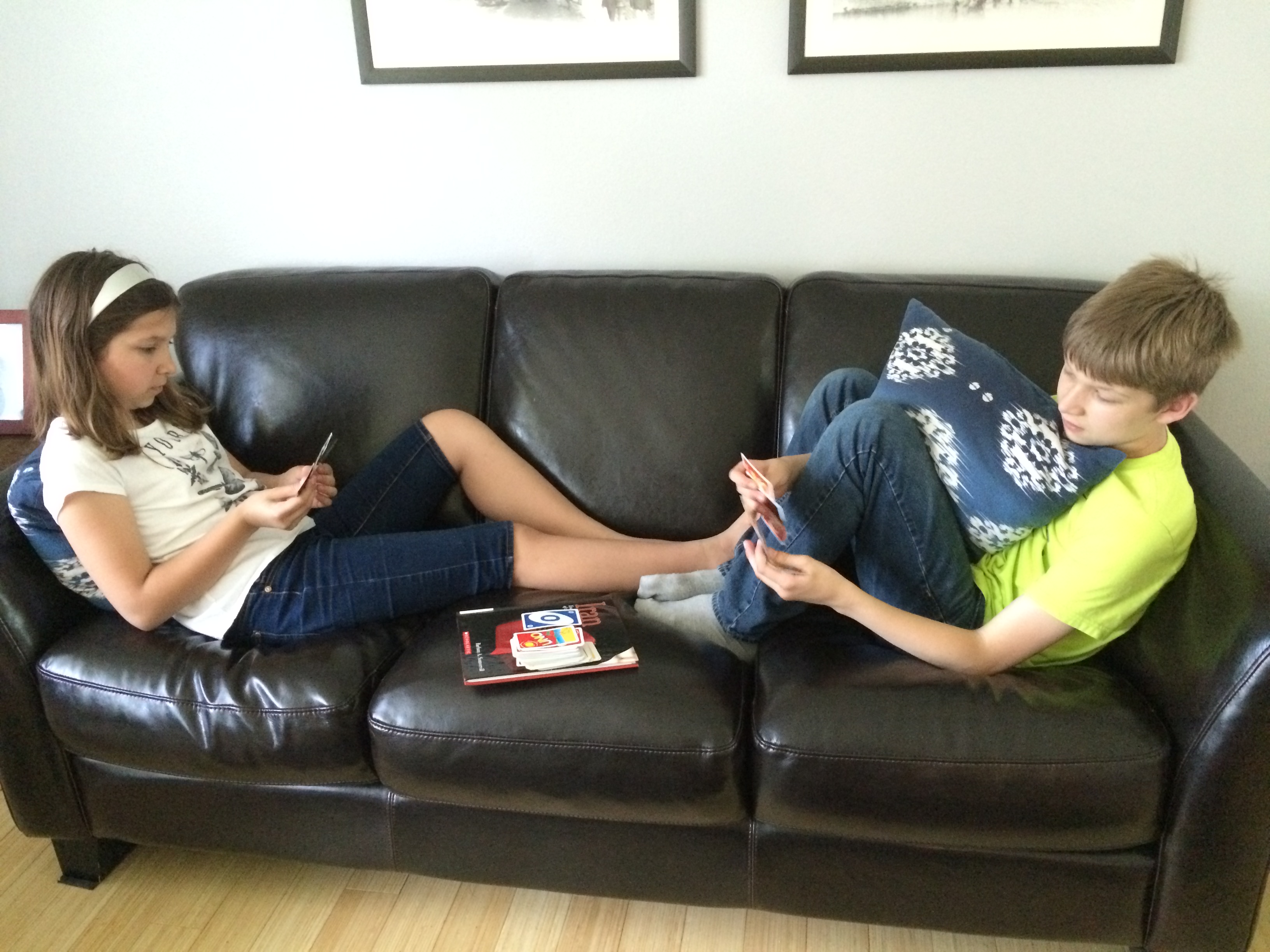
The unofficial report card
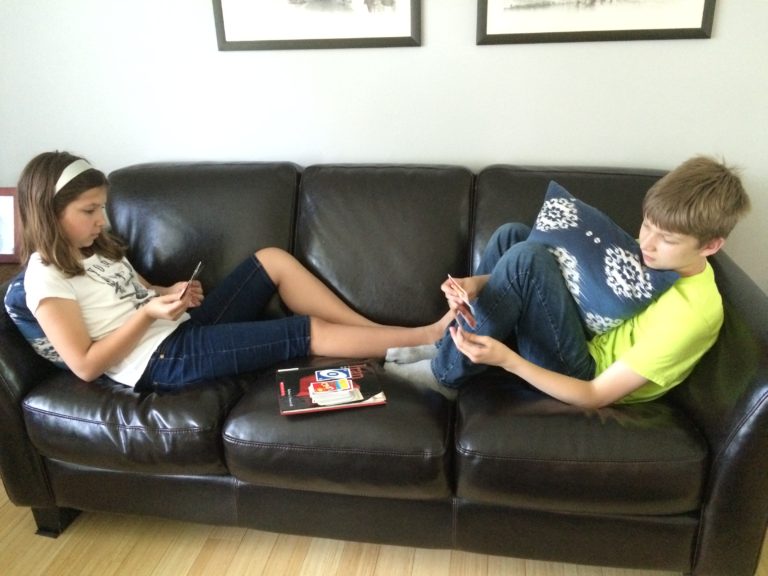
When I fish J’s report card out of the mailbox, the first thing I always notice is that his envelope is stuffed thicker than W’s. I know what it looks like before I even open it. J’s report card is an excel spreadsheet of a few “real” letter grades mixed in with a whole lot of “S’s”–code for “satisfactory” aka “modifications” aka “not measurable to the other kids in his grade.” J’s report card is also stuffed extra thick because there’s extra documentation and reports for IEP goals included. Report cards are just another reminder that J doesn’t fit in the system the way other kids do. I really hate it.
It’s funny to think that all of J’s learning, all of his progress and challenges and knowns and unknowns can be represented by a letter of the alphabet. That we document every child’s learning and development that way, in a symbol so large and obscure that it’s hard to gauge what that value really means. Even when I scan down W’s rows of A’s I’m not sure what that really means. She hands in her assignments on time. Gets 90% or more of the content correct on tests and assignments. But is she a master in Greek mythology? Early Civilization? She can write a pretty good argument essay–for a 6th grader. That doesn’t mean she’s a rhetorician. She exceeds the requirements and expectations of other students in her grade, but that doesn’t mean she gets to check off the “I’ve learned everything I need to know in 6th grade” box either.
I’ve tried to explain this to the college students I’ve taught over the years–the ones that freak out because they got a “B” or “C” on their paper. These students usually have never gotten a “B” or “C” in their life–in fact, they’ve been told by their past teachers that they’re wonderful writers. I try to explain to them that learning is a process. I try to explain to them that I see weak areas in their papers that could be strengthened, that they didn’t quite understand what the assignment, or that I’d like them to apply some of the new things they’ve learned in class (university-level writing requirements) in their writing. I try to explain to them that I’m trying to help them learn to become better writers. But they don’t want to hear any of it. All they want is the A. They need that A to apply to grad school or to get the job they want. For most of them it isn’t really mastering the skill or really internalizing those life-learning skills at all. It’s about navigating the system to get the desired results.
I get frustrated sometimes with our lack of emphasis on the real educational experience. The one that celebrates failure and perseverance. The kind that fosters ingenuity, creativity, and risk. The type of learning our letter grade system doesn’t allow for. But at the same time I’m at a loss on how to measure learning. Measuring learning is very important. How do you measure (and compare with peers) that “real” educational experience? I have used the letter grade system with my own students. I have had to use those same obscure symbols to represent real learning. I suppose there has to be some tangible measuring scale for education. There has to be a reward for hard work. A distinction between the competent and incompetent. But when I enter those letter grades in at the end of the semester, I can’t help but feel that it doesn’t really represent what kind of potential my students really have or the skills that will ultimately be the most valuable things for their employers.
I think that’s the biggest reason why I hate getting J’s report cards. I hate seeing on paper that he struggles. I know he struggles. I see those struggles daily. But what I hate more is that his complex strengths and deficits are boiled down and represented by a letter. I hate that there seems to be such a finality with a year of learning with that letter. Learning is like breathing. You never stop doing it.
As I wrote out thank you cards to all of J’s teachers this year, I really had a chance to reflect on the growth J has made this year–considering those complex strengths and weaknesses. Yes, he’s still behind his peers in a lot of categories, but I see the potential in him to learn around his deficits. This year J was able to discover the study strategies that work best for him. This year he learned to understand humanity in new ways.
So here is my “unofficial” report card for J. The one that tracks those complex strengths and weaknesses. The one that shows how his disabilities are always morphing and changing. The one that helps me monitor those important aspects of being a functioning human in society.
English: J loves novels now. Something happened during the Thief of Always. He’s been engaged with every novel we’ve read since, often reading an hour to an hour and a half at home in one sitting. He remembers plot points and wants to know why characters feel the things they do. For the first time in his life, he actually wants to read. He’s breaking through that autism world and trying to understand what even “pretend” people are feeling.
World Language Survey: Learning languages has helped him understand that people can talk to each other in different ways. He is amazing at learning languages (which is quite ironic for a child who has struggled with speech all of his life). He loves WLS. He’s starting to make connections with language and places in the world, especially with things he’s learned with geography. For the first time ever, J is starting to realize how different subjects and information can bridge to other related subjects and ideas. Making connections and generalizations with other ideas has always been hard for J. This is an amazing step forward. Reading comprehension has been a huge struggle in the past.
Geography: Learning about other people and places outside of J and the United States has been so beneficial for J. Autism is a word with Latin roots meaning “self,” often referring to the state of being” self-absorbed to the exclusion of everyone else around them.” Geography forces J to literally see the rest of the world. It forces him out of his world and to interact and understand the world around him. It helps him be empathetic. He still struggles with the motives and reasoning of human geography but has really mastered the physical geography of this planet.
Science: Science is a struggle because, by nature, science means curiosity and risk and discovery. All of these things are the antithesis of J’s very being. J thrives on predictability and sameness. But this year, J was able to learn a few definitions to very nuanced concepts. He was able to understand his body better through the physiology unit. J will probably never thrive in science, but the skills of trying to see the world beyond black and white are absolutely necessary to helping him interact in this world a little better.
Math: Math is becoming more and more of a struggle when once it was one of his strenghts. At this level, J is required to put together multiple computation skills to new concepts. As a toddler and child, J struggled with verbal multi-step commands and instructions. This summer we are really working hard on how to process those multi-step equations. I know with a lot of practice we can get there. Even at 6 and 7, J would get lost when you said to him, “Go upstairs, brush your teeth, then come back downstairs and grab your lunch and backpack.” Now he can do all of those things without getting lost in the process. He won’t be a mathlete, but I know he’ll be able to master the life skills math.
Choir: J gets to learn more about the human condition through the arts. He loves music, and choir has always been an opportunity for J to learn about emotions and humanity through lyrics and sound.
PE: J has grown incredibly this past year in understanding how to manage and use his body. As a child he has always struggled with coordination and proprioceptive, and vestibular processing. J has made huge gains in these areas.
It’s easy for me to forget what J’s gained this year when I look at his report card. I need to remember that educating J is about gaining, learning, and really internalizing those life-learning skills, because those are the skills that allow him to really be a part of the world around him. That’s what matters most. Let’s be honest. I can’t even remember the Pythagorean theorem without a quick Google search. I’m betting I’m not the only one.

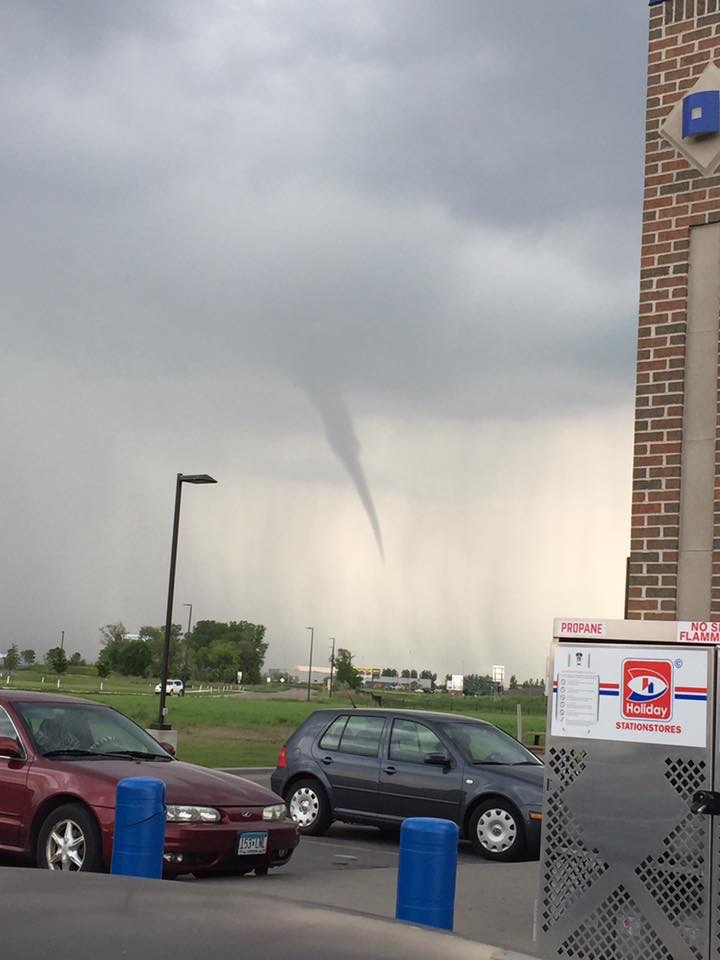
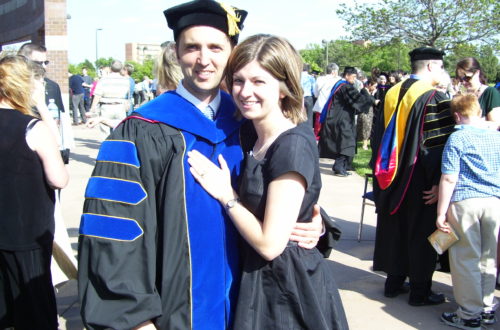
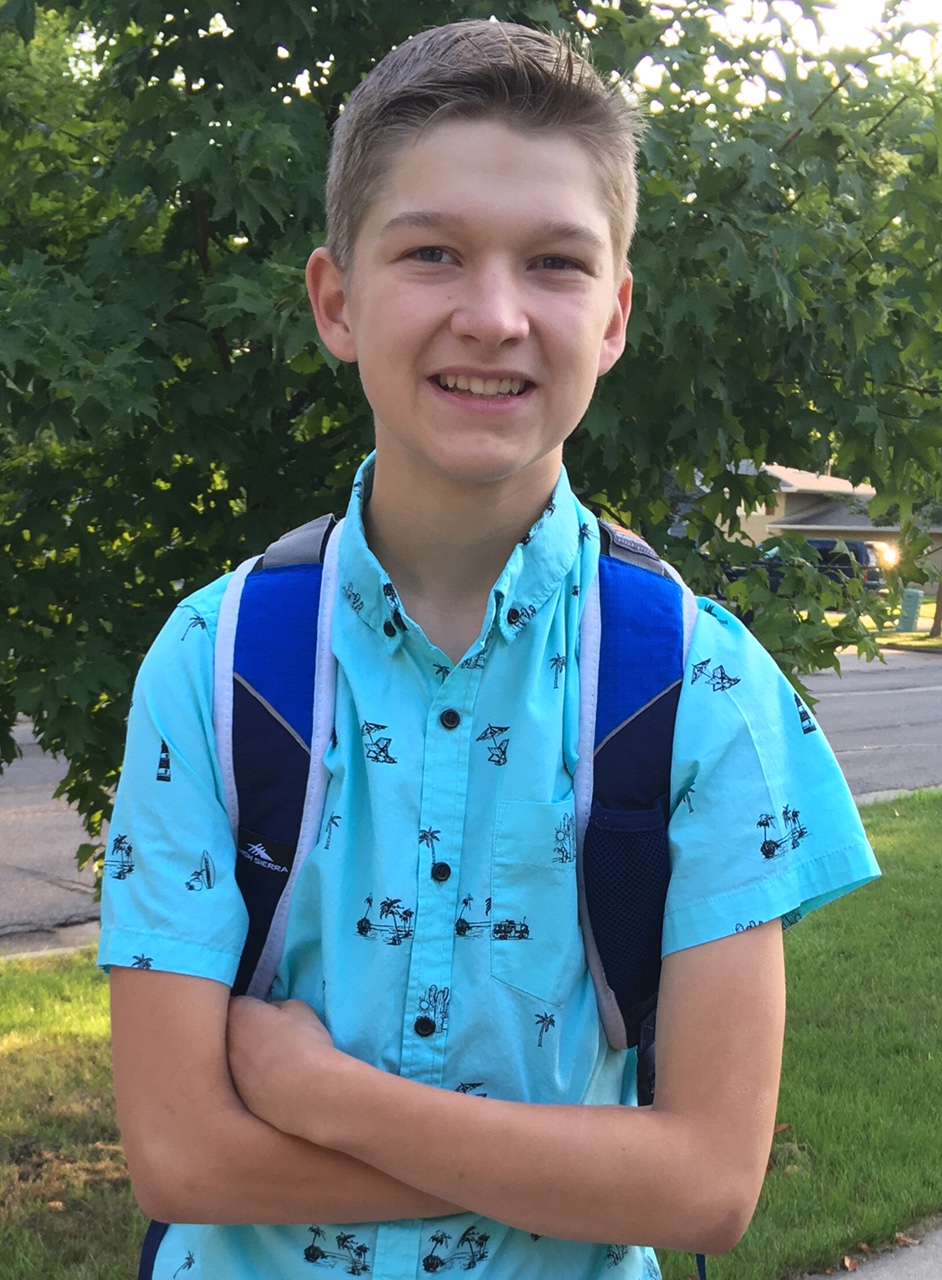
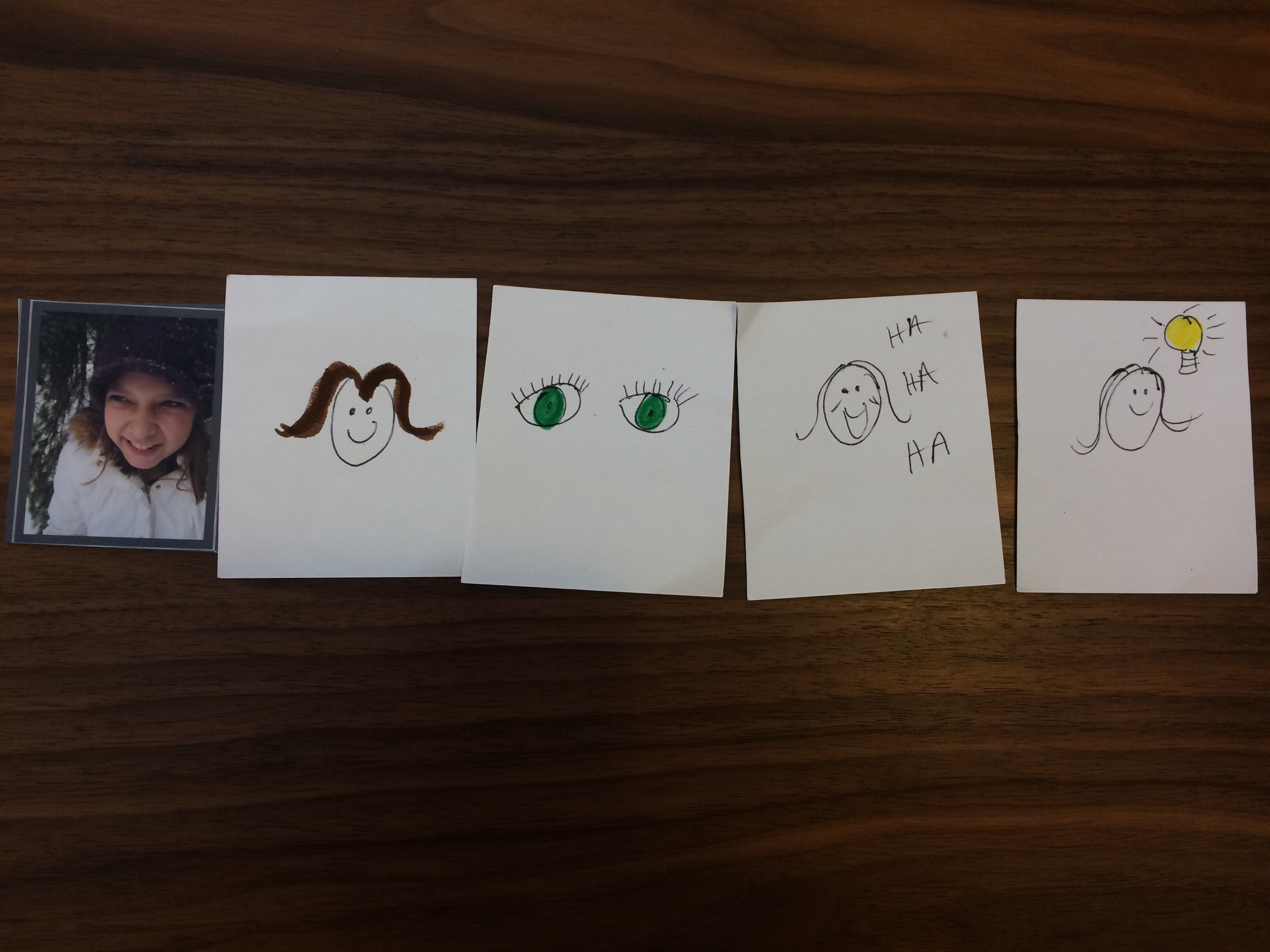
One Comment
Heather Jolley
I love the unofficial report card!! I honestly want to do one for myself. You’re right–learning is breathing!!